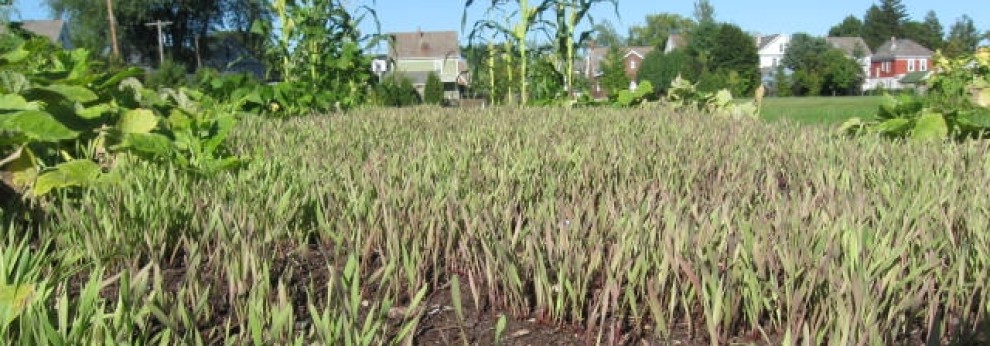 “Individuals who visit natural spaces weekly, and feel psychologically connected to them, report better physical and mental wellbeing, new research has shown,” according to a news release issued by the University of Plymouth in England, where the report’s lead author is based. If you spend time in schools where academic performance measurements are troubling, the findings, published in the British Journal of Environmental Psychology, just might feel very relevant.
“Individuals who visit natural spaces weekly, and feel psychologically connected to them, report better physical and mental wellbeing, new research has shown,” according to a news release issued by the University of Plymouth in England, where the report’s lead author is based. If you spend time in schools where academic performance measurements are troubling, the findings, published in the British Journal of Environmental Psychology, just might feel very relevant.
We at the Vegetable Project talk about getting kids outdoors, in January when it’s freezing and in July when it’s broiling, even though we know it isn’t easy. But why? It is the Vegetable Project’s mission to harness the power of exposure to nature because we know it can make a difference in the lives of students who can be a challenge in school. We know this thanks to considerable research on the subject. Here and here and here are a couple of our earlier takes on the matter.
The full University of Plymouth report is unavailable online without paying a chunky access fee. So we can’t vouch for the researchers’ methodology or assumptions or premises. But the conclusions, as described by the university publicists, line up well with so much else that we read connecting wellbeing and exposure to nature that adding it to the list of likely meaningful research seemed safe.
Take, for example, a report about second graders who learned a bit about nutrition in a school garden and then started encouraging their parents to buy more fruits and vegetables.
Education policy makers and front-line teachers have thrown so many ideas for improving outcomes of underprivileged students at the wall, hoping something will stick. Neither group, however, has given sufficient credence to mounting indication that physical environment matters.
–Bill Stoneman



